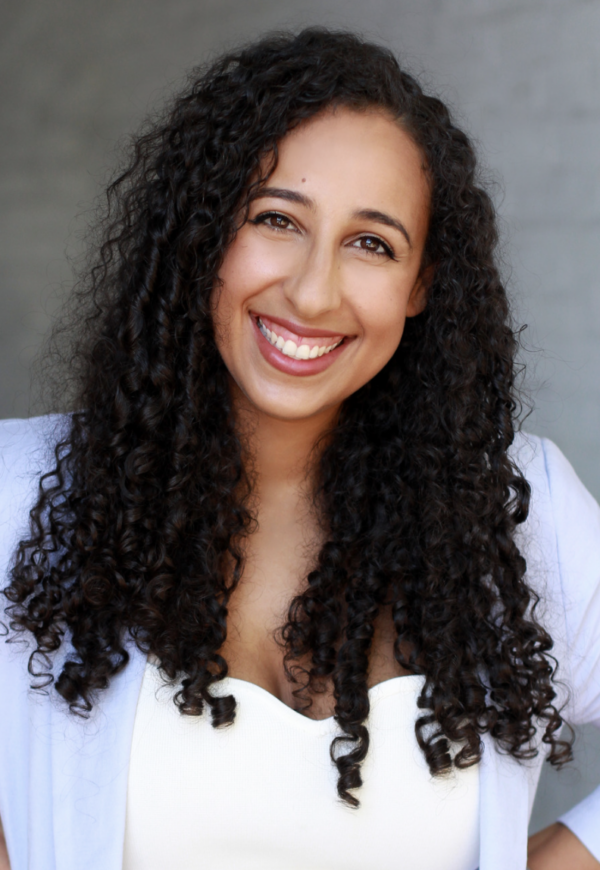Q&A with Bernadette Fam
What have you been up to recently, Bernadette?
It’s been a wild time the past few months. Recently I’ve joined the Griffin team as a studio artist, as well as the Belvoir team as a literary associate, so beginning those two journeys of professional development at the same time has been invigorating as I discover new creative processes and methodologies of working as a dramaturg and as a writer.
I’m also currently working with the PYT ensemble on creating their own devised work which has been wonderful – I was a PYT ensemble member myself four years ago so it feels like a beautiful and fulfilling full circle moment being able to direct them in this process. There’s nothing I love more than being in a room of emerging artists, generating content, whilst also fostering craft – and that building is a fantastic community to be a part of.
Personally – I just became an aunty for the first time – so I’m excited to dive into that journey with my family as well.
How has the COVID pandemic impacted your creative trajectory?
I am incredibly thankful and blessed that, out of sheer luck, the creative projects I was working on when the Covid-19 pandemic first hit were either writing, or able to be facilitated in an online space. I recognise that the majority of artists and arts workers were not in this position.
What lockdown did do however, was that it allowed me time to reflect on my career trajectory, on where I was going and where I wished to be instead. It gave me the space to discern that my purpose in this industry is in the creative development and presentation of new work and to realign my path and identity in the industry to fit this. For this time I am thankful. It is since then that I’ve taken a step back from producing and really focused on my Dramaturgy and Directing, as well as pursuing other professional development opportunities that will give me the leadership skills I need when I am working within a company to best serve the artists I am working with.
How has strong mentorship and leadership empowered you to create, and how do you use it to empower others?
Mentorship has meant everything to me and will continue to be a central part of my practice. I am where I am today because of a handful of people who invested in my professional development as an artist and aspiring artistic leader. Some of the most fruitful mentorships I’ve had as a young artist are those who work with me to look after my spirit, whilst challenging me to really ask myself the tough questions of what I really want to be doing, rather than what I feel expected to be doing. On the flip side, I care deeply about being the best mentor I can be for fellow young artists. As an emerging artist it’s through these conversations and partnerships that I’ve believed that there is a path for me in the arts – and it’s one that I can create and define for myself. For me, mentorship is more than learning a few new things. It’s about community and a support network. It allows us to bridge gaps created by age and experience; so that we are not only empowering the next generation of storytellers to own their spaces and stories, but also celebrating the range of experiences and perspectives which already make our arts community so rich.
Pre-COVID, in 2019, when you were 21 years old you were preparing for the Create NSW Young Creative Leaders Fellowship. At that time, you said that ‘the key lesson that I wish to share from completing my program is focused on three words: understanding, connection and celebration.’ What do those three words mean to you in June 2022?
These three words are still key values of my practice. I believe theatre is the greatest teacher of empathy both on and off the stage; through the stories we watch, but also the processes behind them. It is important for me to acknowledge that I have learnt some of my most important lessons while practicing empathy for the ‘other side’ – especially during creative processes. It is through empathy that we understand each other. It is through empathy that we are able to connect to each other. And it is because of empathy that we are able to celebrate who we are and the communities we come from. On a practical level, if arts institutions cannot practice empathy in their decision making processes, then we will never be able to address the systemic gaps which continue to make the arts industry feel inaccessible to many.
On July 18-20, leaders from the national youth performing arts sector will meet at the FUSE Summit. As we link up to discuss and think through themes, priorities and initiatives that may help guide national youth arts recovery, what questions or thoughts would you feed into this conversation?
I encourage institutions to really look at and embrace the new ways young people give and receive information in this day and age and how this can be reflected in their storytelling. This isn’t only talking about social media and tik tok. It’s also about deeply listening to our first nation communities and communities of disability, celebrating non-Western dramaturgies, acting on the financial inaccessibility of the arts for young people, and always, always, always innovating how we work with young people to find their form of storytelling that is unapologetically authentic to them – and then following through with supporting them to continue in their craft. It’s not only about creating space anymore. It’s about taking the honest dialogue which fills those spaces and acting upon what our young artists need so that they can see themselves interacting with the arts in a way that is sustainable and thrivable in the long term.
– Bernadette Fam
Bernadette Fam is a multidisciplinary theatremaker working across Writing, Dramaturge, Directing and Creative Producing. As an artist, Bernadette is passionate about exploring the intricacies of identity, belonging and cultural connection in Australia’s current socio-economic landscape. As Dramaturg Bernadette has worked with a range of companies including but not limited to: Sydney Chamber Opera, Poetry in Action, PYT Fairfield, Critical Stages Touring, Green Door Theatre Company, Rogues Projects and Antipodes Theatre. Her writing and spoken word poetry credits include: Mother (Commission for the Annual Youth Theatre Festival – Q Theatre), Fight or Flight (Intersection: Beat – ATYP), Float (Juxta) and she is currently in development on a multi-writer project with Co-Curious/Belvoir. She recently directed Chewing Gum Dreams for Green Door Theatre Company/Red Line Productions. She is currently a Literary Associate for Belvoir Theatre Company/Co-Curious and is a Griffin Theatre Company studio artist.


